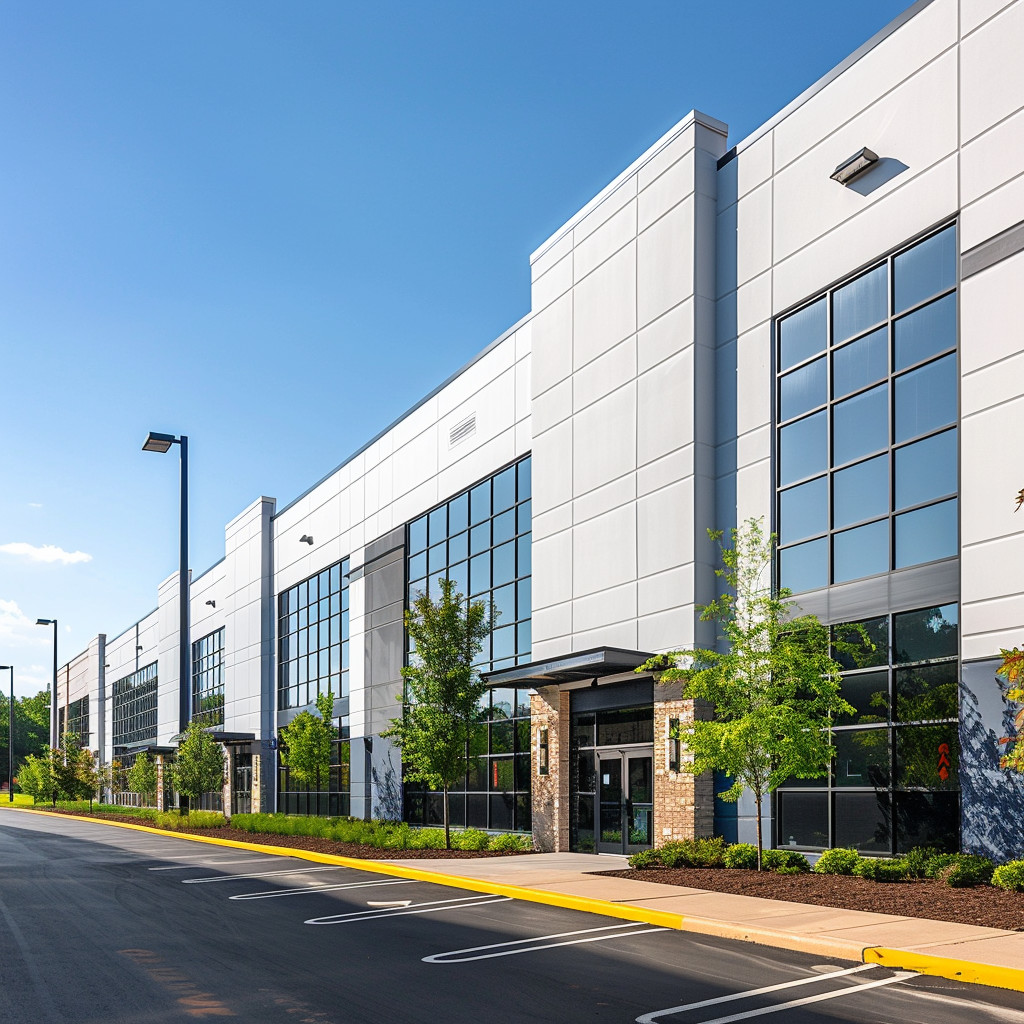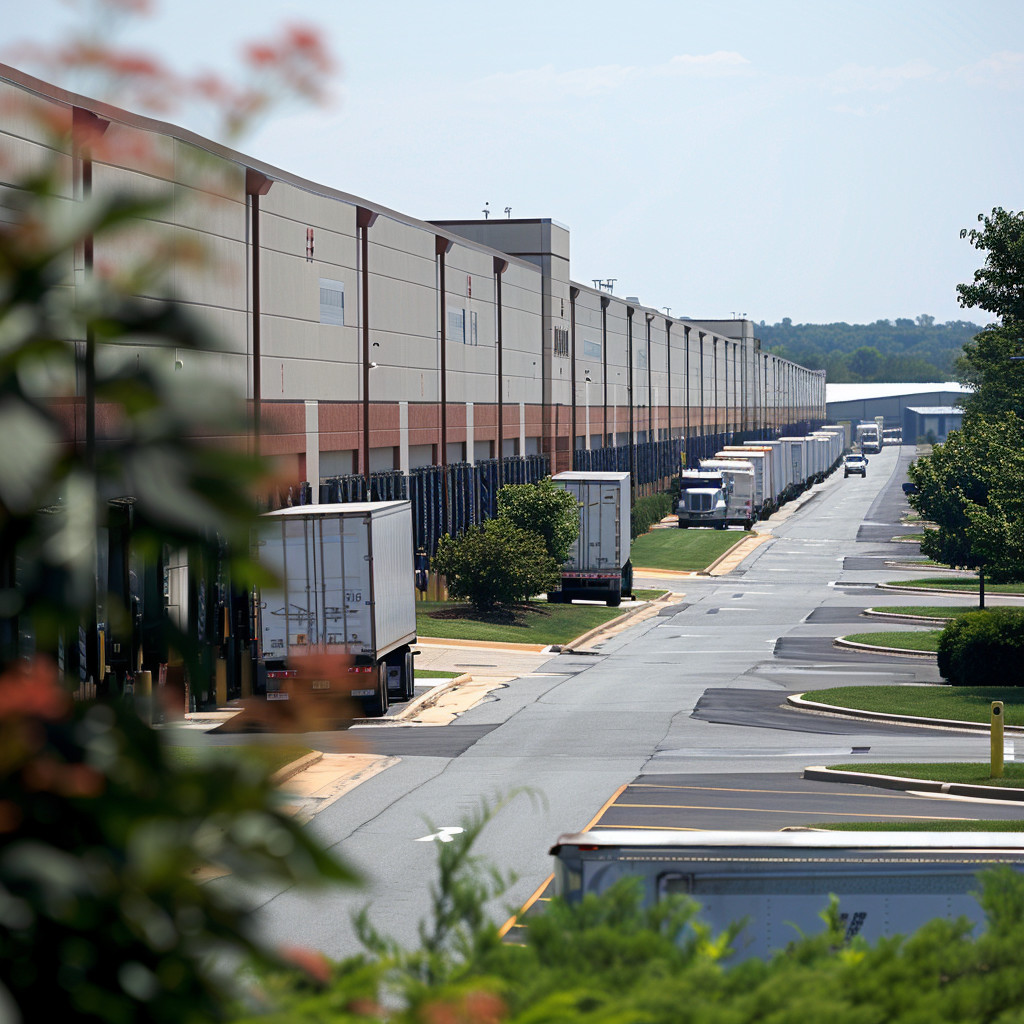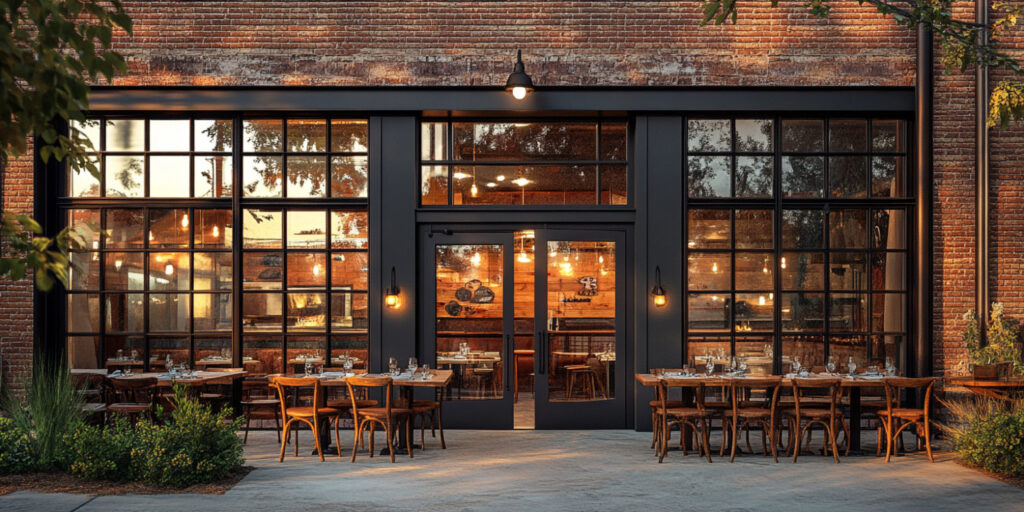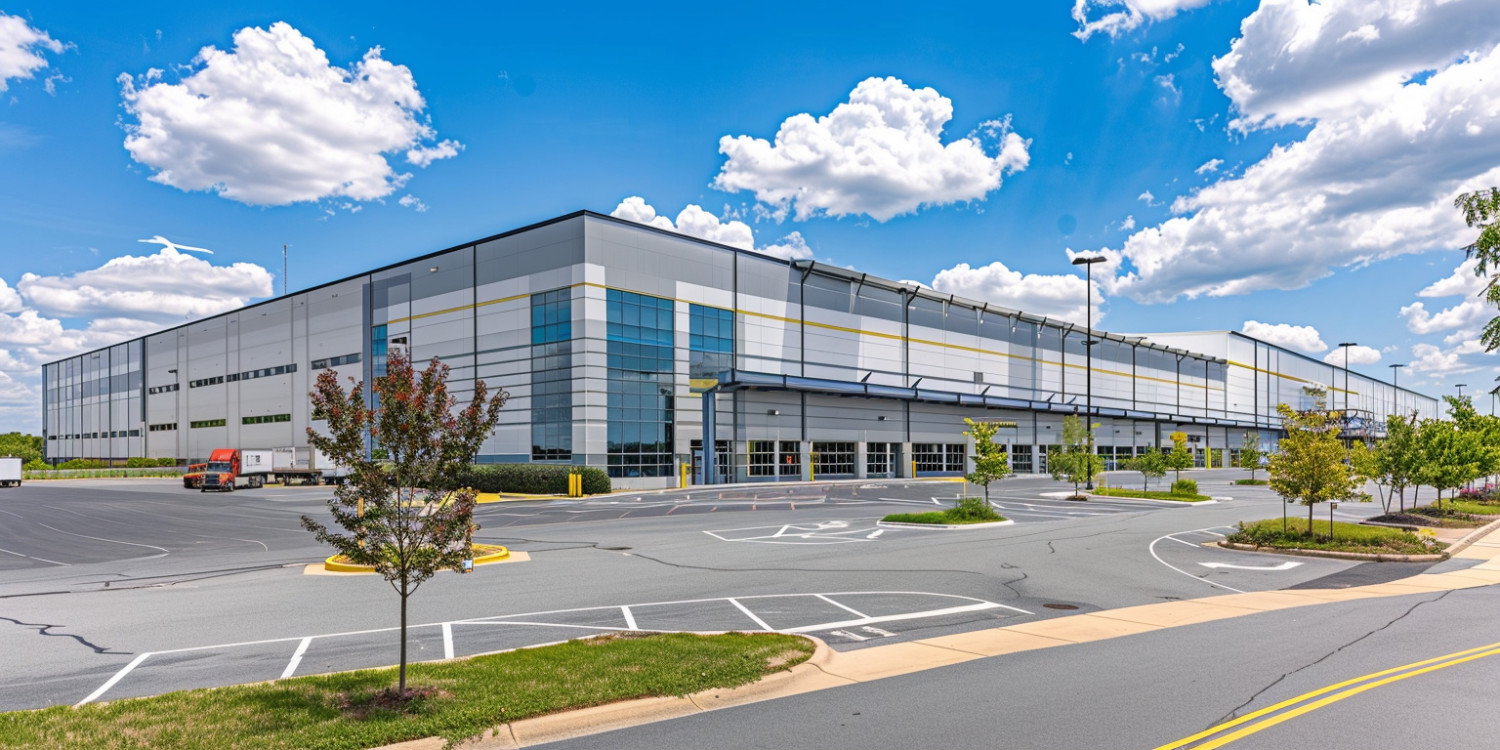Industrial real estate encompasses properties dedicated to manufacturing, warehousing, distribution, and flex spaces. These properties are vital for supporting a wide range of industries by providing essential facilities for production, storage, and logistics.
The demand for industrial properties in Northern Virginia and Greater Washington is rapidly increasing, driven by the growth of e-commerce, advancements in supply chain logistics, and ongoing urbanization trends. These factors have heightened the need for strategically located industrial spaces, making them highly attractive investment opportunities.

Advantages of Investing in Industrial Properties
- Steady Income Stream: Industrial properties offer a reliable and steady income stream due to long-term leases with stable tenants. These leases typically span several years, reducing turnover and ensuring consistent rental income.
- Appreciation Potential: Industrial properties have demonstrated strong appreciation potential over time. Factors such as prime location, economic growth, and the growing demand for industrial spaces contribute to their increasing value.
- Lower Maintenance Costs: Compared to other commercial real estate sectors, industrial properties generally incur lower maintenance costs. Their robust and straightforward structures require less frequent and less costly upkeep, which enhances profitability for investors.
Key Factors to Consider
- Location: The location of an industrial property is critical. Properties situated near major highways, ports, and urban centers are particularly desirable due to their accessibility and proximity to key logistics hubs.
- Tenant Quality and Lease Terms: The quality of tenants and the terms of their leases are crucial considerations. High-quality tenants with strong credit ratings provide reliable income, while favorable lease terms contribute to investment stability and profitability.
- Property Features: Investors should evaluate structural features such as ceiling height, loading docks, and floor load capacity. Properties that offer flexibility and adaptability to diverse industrial needs are highly valuable.
- Market Trends and Economic Indicators: Staying informed about current market trends and economic indicators is essential. These factors significantly influence the performance and value of industrial properties over time.

Types of Industrial Properties
- Warehouses: Warehouses are essential for storage and distribution operations. With the growth of e-commerce, there is an increasing demand for warehouses that offer ample space for storing goods.
- Distribution Centers: Distribution centers play a critical role in the supply chain by facilitating efficient goods movement. Their strategic locations and advanced logistics capabilities make them attractive investment options.
- Manufacturing Facilities: These specialized properties are designed for production purposes. Investing in manufacturing facilities can be lucrative, provided investors consider industry trends and tenant requirements.
- Flex Spaces: Flex spaces are versatile properties that can accommodate various uses, from office space to light industrial activities. Their adaptability makes them appealing to a diverse range of tenants.
Investing in industrial properties in Northern Virginia and Greater Washington presents numerous benefits, including a steady income stream, appreciation potential, and lower maintenance costs. With the current demand trends and favorable market conditions, exploring these investment opportunities can lead to substantial returns and long-term financial stability. Contact Work with Bibi today for more information!
Subscribe to the newsletter
Don’t Miss Any of Our Blog Posts, Subscribe to Our Weekly Newsletter Today!
Recent posts

What to Expect When Working with a CRE Agent: Your Guide to a Successful CRE Journey
Navigating the commercial real estate (CRE) market is a complex process that demands more than just basic knowledge. It requires

How to Find a Good Commercial Real Estate Broker: Your Guide to Navigating CRE
Navigating the complex landscape of commercial real estate (CRE) requires more than just a basic understanding of the market. Whether

Benefits of Adaptive Reuse for Restaurant Spaces
Adaptive reuse, the process of repurposing existing buildings for new uses, has become an increasingly popular strategy in the restaurant



